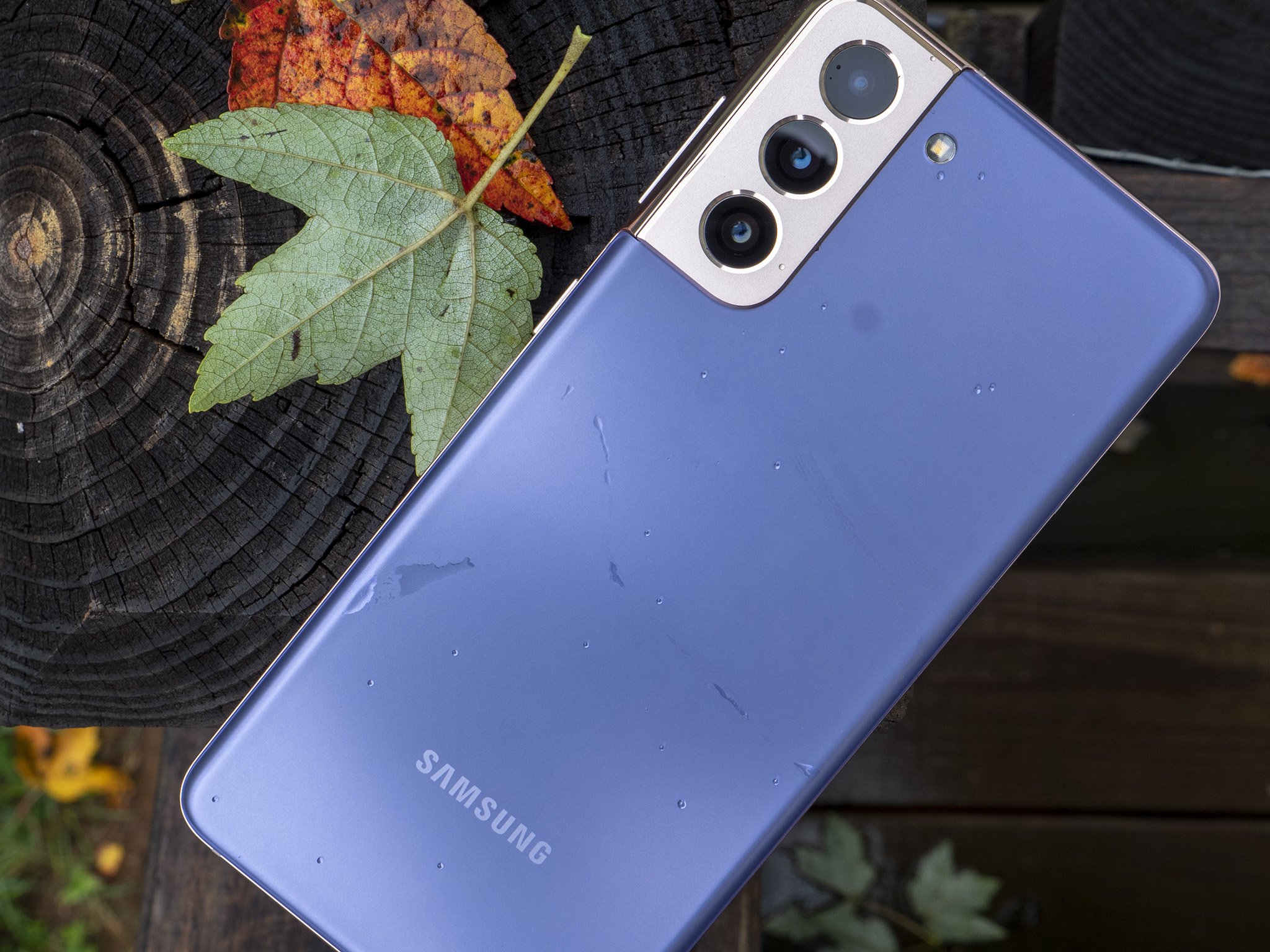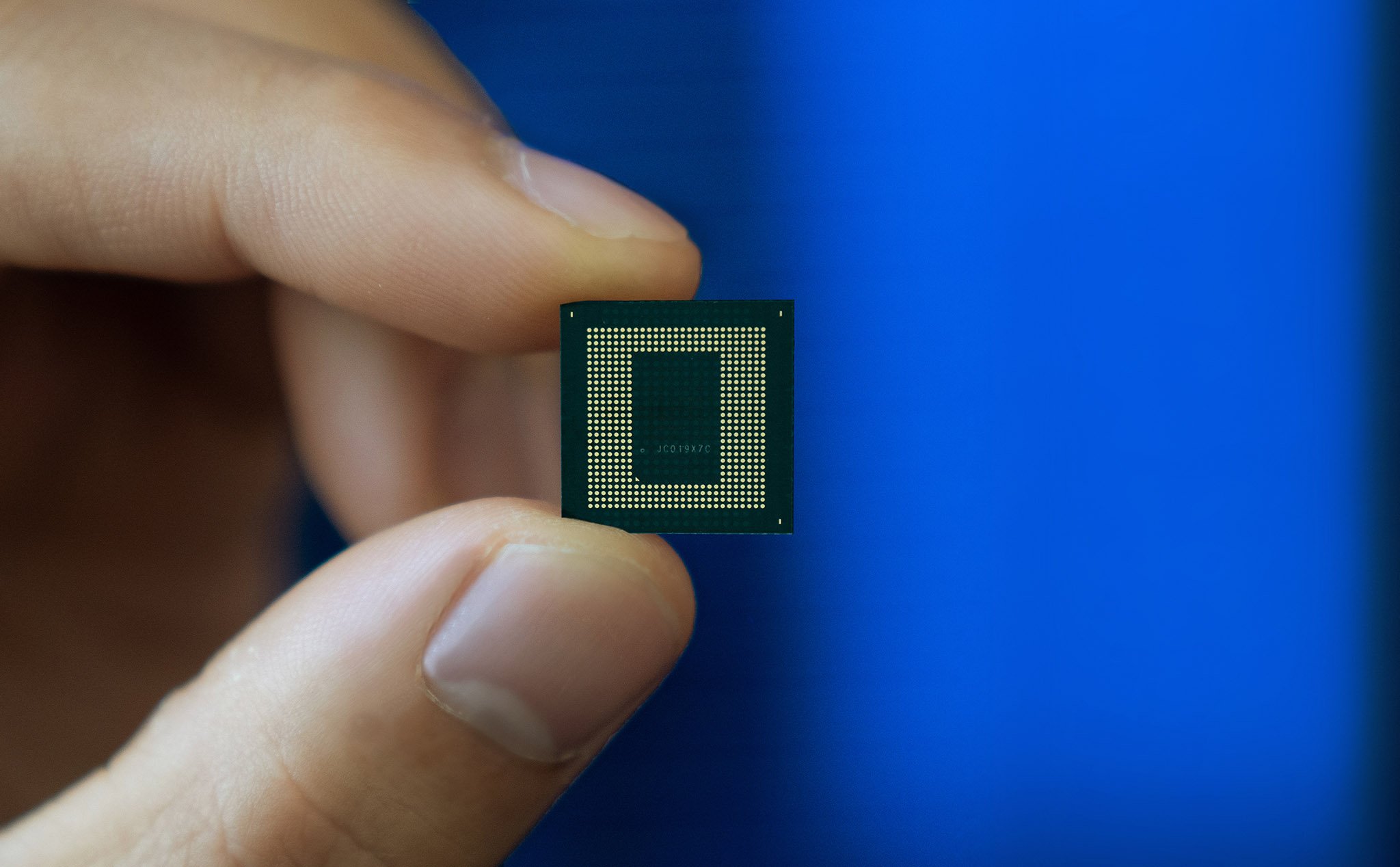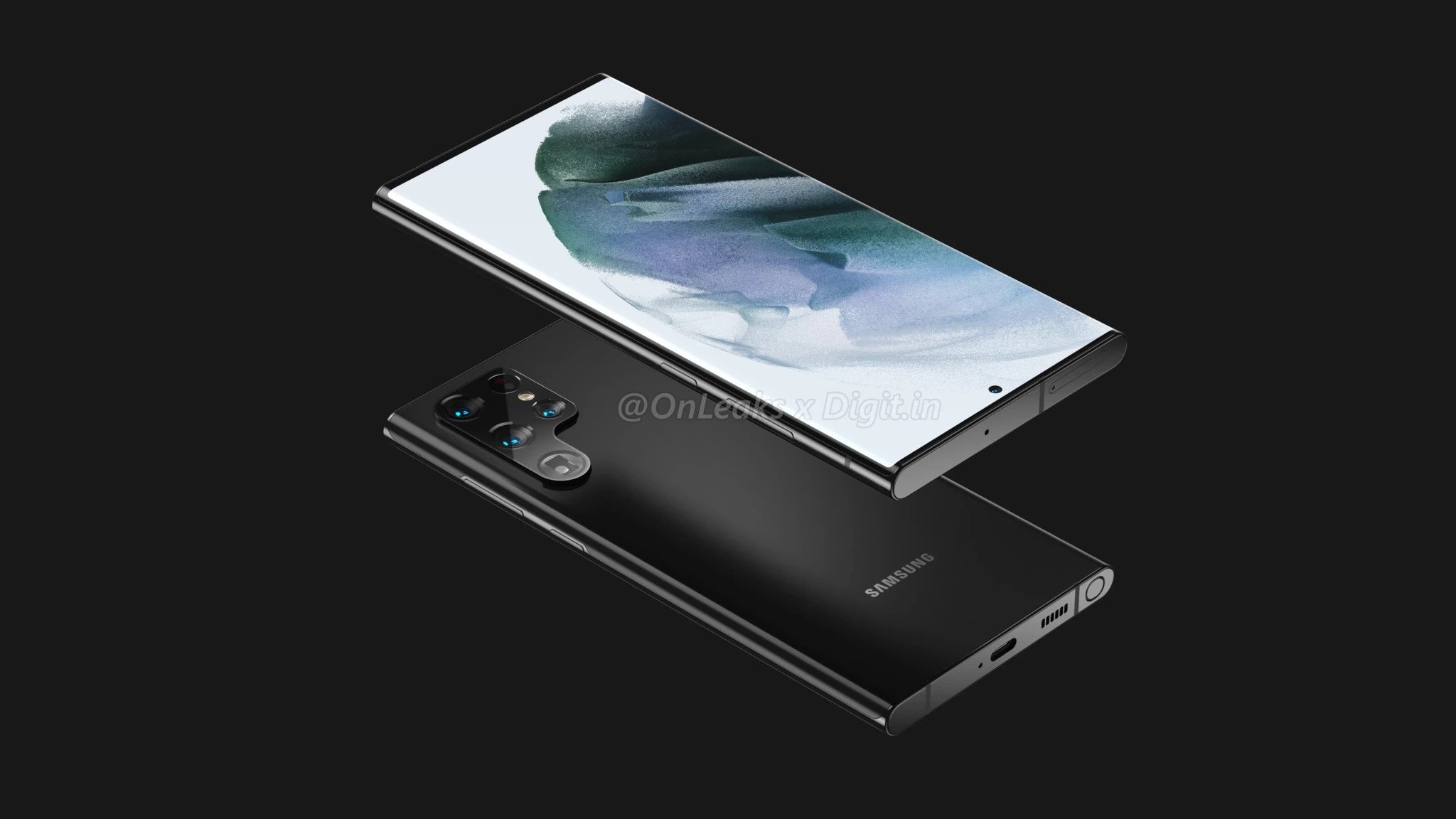We don't need the FE anymore if Samsung continues down this path.
The situation with the Samsung Galaxy S21 FE is a confusing one. We've seen quite a few renders, press shots, and plenty of leaks of the device. However, there have been rumors of the device being canceled following report after report of delays amid the global chip shortage. Yet now, there's evidence that Samsung is still planning to launch the device, so it's hard to know what to believe at this point.
However, even if we don't end up getting a Galaxy S21 FE, it wouldn't be the end of the world. In fact, Samsung has good reason to abandon its Fan Edition plans; and frankly, it should consider doing just that.
We already have the Galaxy S21
When Samsung launched the well-received Galaxy S20 FE, it was regarded as a full-featured, affordable version of the Galaxy S20. It offered the same design, chipset, and even the same high-refresh-rate display yet at a lower price, which is why it was hailed as a "flagship killer" and one of the best Android phones of 2020. But when you look at Samsung's flagship releases, you'll notice that it's launching its phones at lower prices.
The Galaxy S20 retailed for $999 when it debuted in 2020, and the Galaxy S20 FE was $300 cheaper when it came later that year. However, if you look at the Galaxy S21, its launch price was $800, a mere $100 more than the S21 FE and $200 cheaper than the S20.
Samsung phone costs have fallen throughout its lineup, including for the newer Galaxy Z Fold 3 and Galaxy Z Flip 3 foldables. If Samsung is dropping prices all-around, then the appeal of the FE is lost because you can just buy the regular S21 and get better features. And by this point, S21 deals frequently discount the phone to match or beat the S20 FE launch price.
Samsung can't waste resources
It's no secret that the industry is strained due to the global chip shortage. It's the reason why car prices are going up, why hardly anyone can get their hands on a PS5, and why smartphones are being outright canceled, like the Galaxy Note 21 that never was. Delays of the Galaxy S21 FE were fueled in part by this shortage, and even the Pixel 5a fell victim to rumors of cancelation before it was eventually given a limited release in just two markets.
The Galaxy S21 FE is rumored to receive a limited release in a few markets, but even that would seem like a waste of time and resources given the state of things.
Hanish Bhatia, senior analyst, devices & ecosystems at Counterpoint Research, says that lack of supply is already putting pressure on carriers.
The industry is going through severe chip shortages. Availability of Android devices remains very patchy in the US market. Smaller carriers as well as dealers, authorized retailers are worried about not getting enough share of the supply.
Bhatia says that things aren't likely to get better as the year comes to a close and that OEMs "don't want to recede market share in premium device category, especially in the US." With the holidays coming, demand is expected to peak for the best Android phones, particularly high-end ones.
As per Counterpoint's US channel share tracker, more than 60% of the total smartphones sold during Q4 2020 were priced $600 & above, compared to 42% in Q3 2020.
The Galaxy S22 is on the way
Given the increased demand for premium smartphones during the holiday, rumors of the Samsung Galaxy S22 series launching in December start to make some sense. Carolina Milanesi, president and principal analyst at Creative Strategies, says that the chip shortage has likely forced Samsung to prioritize certain models over others.
...Samsung has experimented last year with an earlier cycle and they might experiment again this year maybe looking at aligning any new chipset release and the ability to secure volumes.
Bhatia agrees that an earlier launch of the S22 series would make sense as "Samsung would be able to take full advantage of the holiday season in the US" by prioritizing a higher-cost flagship. However, even if Samsung waited until January to launch the S22, it wouldn't be the end of the world for consumers.
Samsung is rumored to have made some major changes to the S22 series to make it more attractive to consumers. The standard model, for example, is said to offer a smaller display and smaller battery. And while there is concern over battery life, a smaller display, and more efficient Snapdragon 895 chip could offset the lower capacity. A smaller chassis would also appeal to more consumers who are starting to feel the physical burden of ever-growing smartphones.
This could also give it more of a size difference between the standard S22 and the S22+ for those that may prefer a larger device, while the S22 Ultra would maintain its premium spot as a Galaxy Note replacement, complete with an S Pen slot. Not only that, but Samsung could launch these models at relatively lower prices, making them more attractive to consumers.
Bhatia notes that while Samsung and other OEMs feel pressure from the supply side with increases in production costs, the companies could potentially circumvent that with lower-priced smartphones and higher volume sales.
...Samsung has already indicated a more aggressive pricing approach with Galaxy S21 and 3rd generation foldables.
Apple too has managed not to make any significant changes in the iPhone 13 pricing adding to more pressure.
Therefore, we expect the pricing for S22 series to remain comparable to the previous year.
Assuming we don't end up with a Galaxy S21 FE, it would only build excitement for Samsung's upcoming flagship and could boost sales. Not many people are willing to spend bucketloads on the Galaxy Z Fold 3, and without a traditional form factor, customers will be eager for whatever Samsung launches in the coming months.
As XDA-Developers points out, no one seems to know what's going on with the Galaxy S21 FE. We reached out to Samsung for any indication of the company's plans to launch the device but didn't hear back. However, at this point, Samsung would be much better off skipping it and focusing on bringing us the Galaxy Note S22 Ultra.
Source: androidcentral



